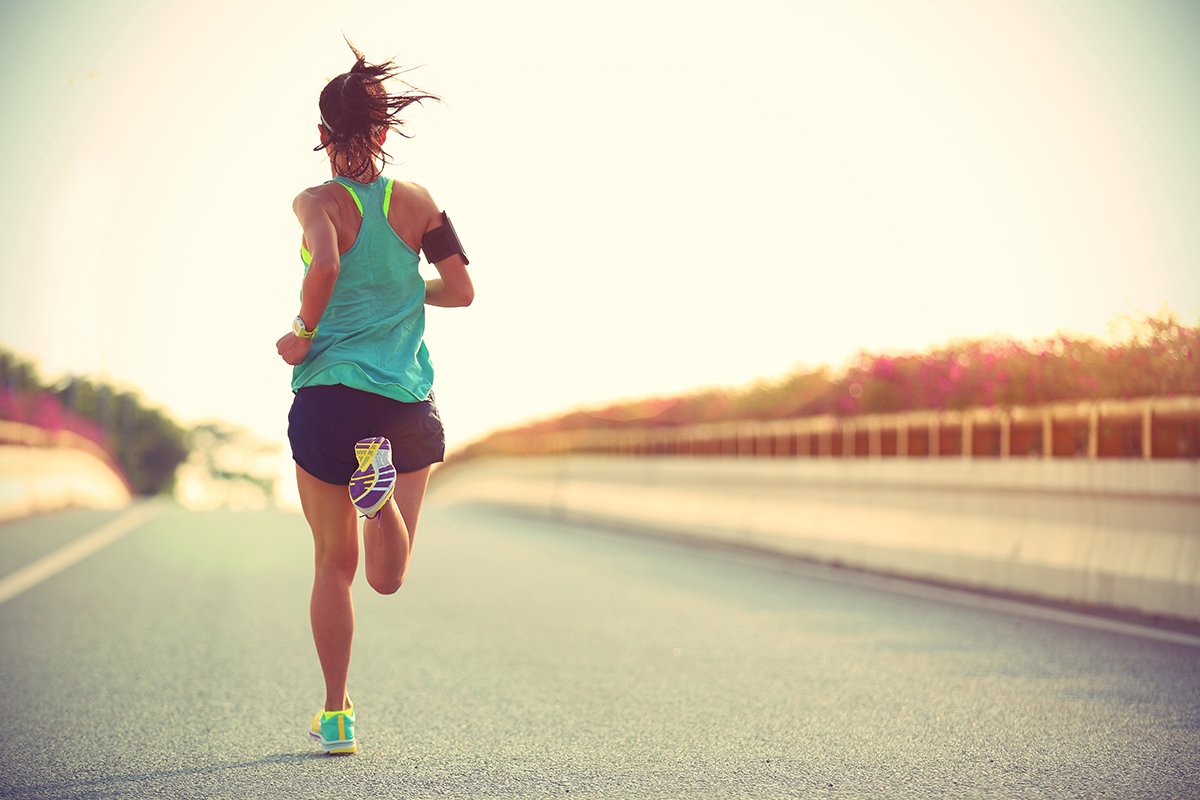If people exercise or play sports, getting enough rest is crucial. Research shows that sleep deprivation can negatively affect athletic performance, and experts believe that sleep is important for muscle recovery and tissue repair.
“Sleep is as important as one’s workouts,” Joe English, a running coach in Portland, Oregon, said in an interview with Runner’s World. “When people start robbing from that pot to get everything else done, the quality of their training—and of everything else—starts to fall apart.”
With that in mind, here are five sleep tips for runners.
Try not to agonize about sleep the night before a big run or a race.
Because worrying may make it even harder for people to relax and sleep — plus, their sleep that specific night isn’t as relevant as how they have been sleeping overall in recent weeks or months. “While sleep is incredibly important, tonight’s slumber is largely irrelevant,” Dr. W. Chris Winter, a neurologist, told Runner’s World. “All is not lost if an athlete has a tough night right before the competition.”
Know that sleeping pills probably won’t improve running performance — they might actually impair it.
One research paper found that doctors are under increasing pressure to prescribe sleep aids to professional athletes and researchers called for more data about how sleep medication affects athletic performance. Everyone reacts to medication differently, so talk to a doctor about any medications and how they could affect one’s running.
Make sure the mattress supports the spine and joints.
Especially if people suffer from back pain, find a mattress or mattress topper that provides the support they need for a healthy spine. Some mattresses are even designed for athletes and use specific fabrics and layers to help boost recovery and performance.
For example, the Bear mattress uses Celliant technology, which claims to speed recovery in athletes by increasing oxygenated blood flow. According to their website, Bear says the technology, “has been clinically proven to enhance tissue oxygen levels, improve athletic performance, sleep quality, health and wellness.”
Embrace naps, if you need them.
Experts agree that napping can help improve athletic performance, so sneak in a quick power nap if you need one.
Magdalena Lewy Boulet, an Olympic marathoner, told Runner’s World that back when she was competing on the roads, she’d notice a huge difference during the weeks she was able to fit in naps consistently
“When I was running full time, I made room for it on my schedule, especially on hard workout days and between doubles,” she said in the article. “It drastically improved my training–even just an hour helps. Now, on weekends, I try to indulge after long runs.”
Add a “natural light” alarm clock.
This special type of alarm clock mimics a sunrise, telling the body that it’s naturally time to wake up. This type of clock might help you wake up refreshed and ready to hit the pavement if you like to run early in the morning.
[Editor’s Note: The information provided should not be considered a substitute for professional advice. Please consult a sleep doctor or other medical expert if you have questions related to your own health.]
Featured image: GlebSStock/Shutterstock

